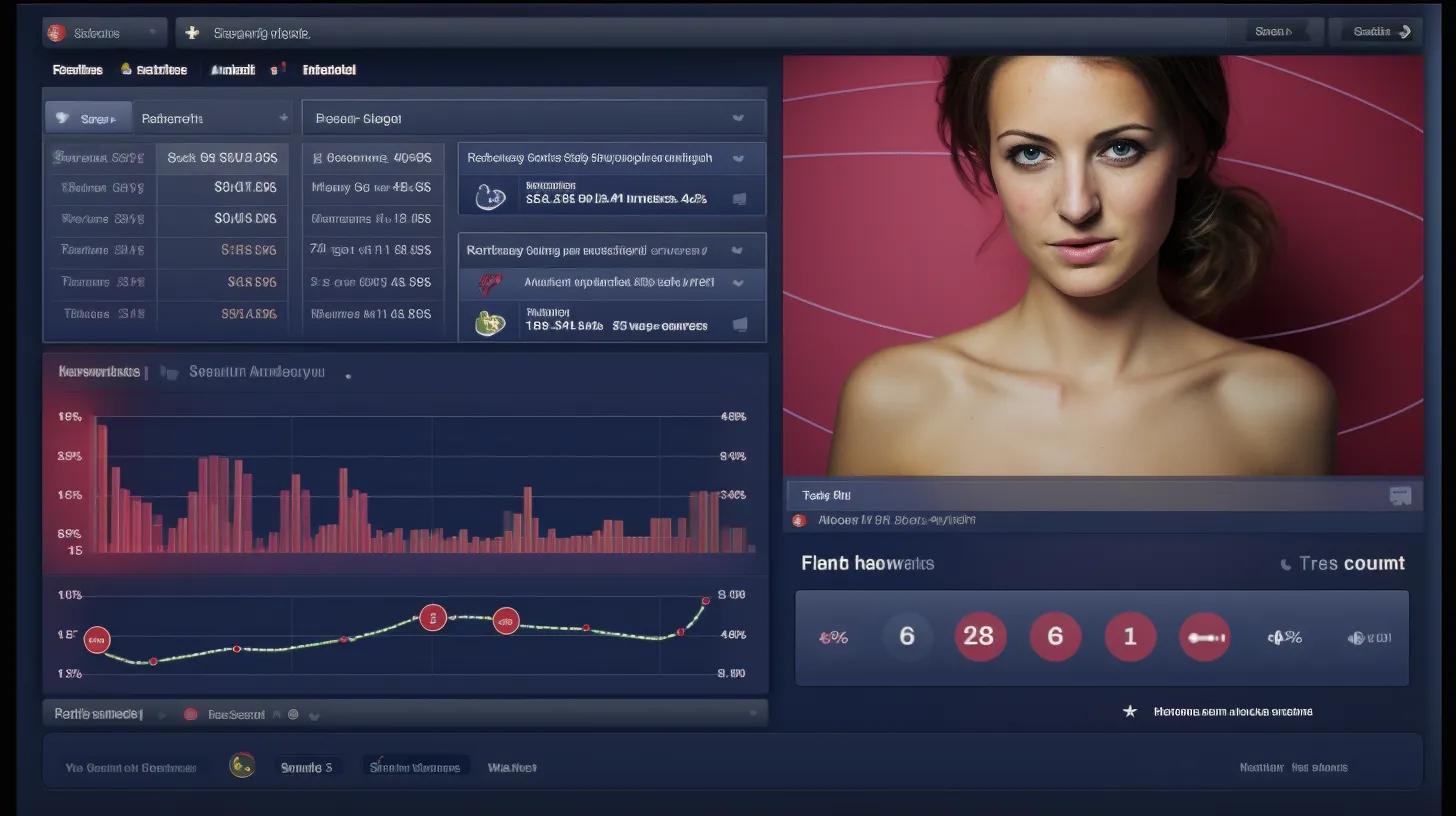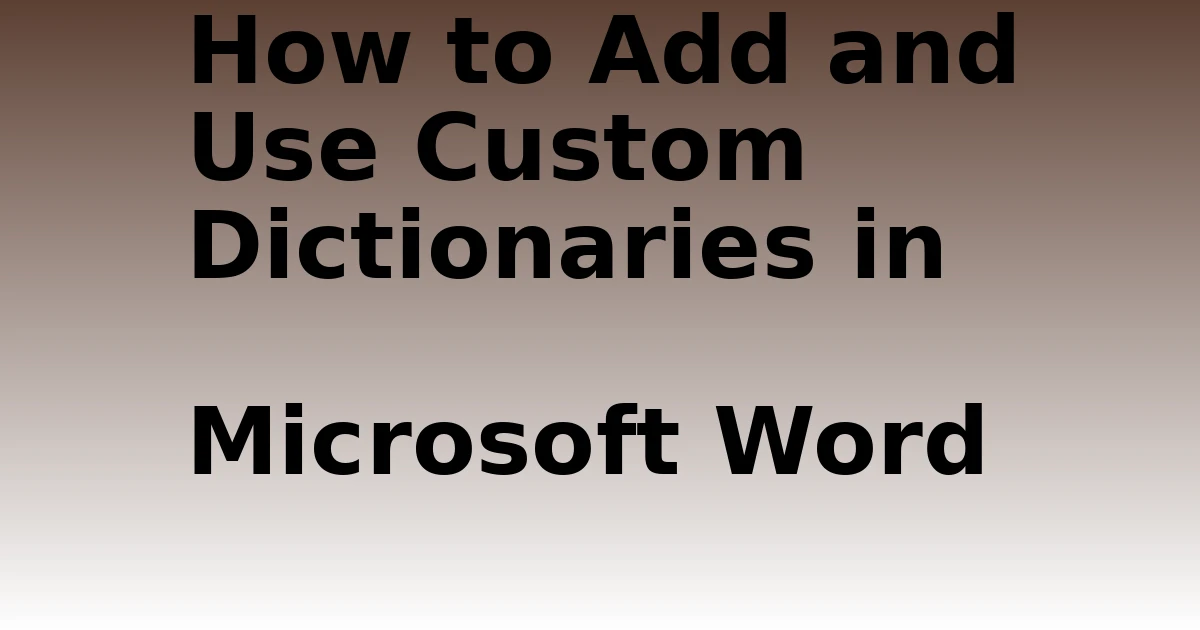Last Updated on December 9, 2023 by tech pappy
Wondering about the ‘domestic partnership’ option on Facebook? This relationship status was introduced in 2011 to provide couples with a way to show their commitment on social media.
It serves as a middle ground between being in a relationship and being legally married, often chosen by couples who live together but are not married.
For same-sex couples in countries where same-sex marriage is not legal, domestic partnership offers a meaningful way to express their commitment.
The addition of this status on Facebook reflects the platform’s efforts to accurately represent diverse relationship dynamics.
If you want to understand the significance of this option and how it can impact your digital presence, keep reading to learn more about domestic partnerships on Facebook.
Definition of Domestic Partnership on Facebook

If you’re curious about the definition of ‘domestic partnership’ on Facebook, it refers to a relationship status option available for individuals who are living together like a married couple but aren’t legally married.
The difference between domestic partnerships and marriage lies in the legal aspects. Marriage is a legally binding contract, whereas a domestic partnership doesn’t carry the same legal obligations and benefits.
However, on Facebook, domestic partnerships allow individuals to showcase their committed relationships without being legally married.
One of the benefits of a domestic partnership on Facebook is the ability to express a serious, long-term relationship without the legal constraints of marriage.
It provides a platform for individuals to share their relationship status authentically, especially in places where same-sex marriage mightn’t be legally recognized.
Eligibility for Domestic Partnership on Facebook

To be eligible for a domestic partnership on Facebook, you must meet the criteria of living together like a married couple but not being legally married.
This relationship status serves as a recognition of committed partnerships that don’t fit within the traditional categories of relationship statuses on social media.
Understanding the cultural acceptance of domestic partnerships on social media is vital, as it reflects the evolving nature of relationships in a modern society.
When considering domestic partnership on Facebook, it’s essential to weigh both its benefits and drawbacks. This can help you make an informed decision about whether to display this status, considering the potential impact on your social connections and online identity.
Legal and Social Implications of Domestic Partnership

Eligibility for domestic partnership on Facebook requires meeting the criteria of living together like a married couple but not being legally married, reflecting the evolving nature of relationships in modern society.
Domestic partnerships can have significant legal implications, granting partners certain rights, such as healthcare benefits, inheritance, and visitation rights. However, it’s important to note that these rights can vary depending on the jurisdiction and may not be as comprehensive as those of a legally married couple.
In terms of societal acceptance, domestic partnerships have become more widely recognized and respected, particularly in providing recognition and support for same-sex couples in countries where same-sex marriage isn’t legal.
Nevertheless, societal acceptance continues to evolve, with ongoing discussions and debates shaping the perception of domestic partnerships within communities and legal systems.
How to Set Domestic Partnership Status on Facebook

Setting your domestic partnership status on Facebook is a straightforward process that allows you to accurately represent your relationship. To change your relationship status on Facebook, follow these steps:
- Navigate to your profile and click on ‘About.’
- Scroll down to the ‘Family and Relationships’ section.
- Click the pencil icon next to your relationship status to edit it.
Updating your relationship status on Facebook is essential as it provides a platform for people to express their identity, including their relationship status. It helps set boundaries and expectations in relationships, allowing others to know whether you’re available or committed.
Additionally, displaying your domestic partnership status on Facebook can serve as a form of recognition and validation of your relationship, especially in countries where same-sex marriage isn’t legal.
Significance of Domestic Partnership Status on Facebook

Updating your domestic partnership status on Facebook is significant as it allows you to accurately represent your relationship and can serve as a form of recognition and validation, especially in countries where same-sex marriage isn’t legal.
It’s important to openly communicate with your partner about the decision to update your domestic partnership status, as it can impact both of your lives. For same-sex couples in countries without domestic partnership laws, this status can provide a sense of acknowledgment and visibility within their social circles.
However, it’s crucial to be mindful of the potential challenges and discrimination that may arise from openly displaying this status, and to navigate these obstacles together as a couple.
Ultimately, updating your domestic partnership status on Facebook is a personal decision that requires thoughtful consideration and mutual understanding.



